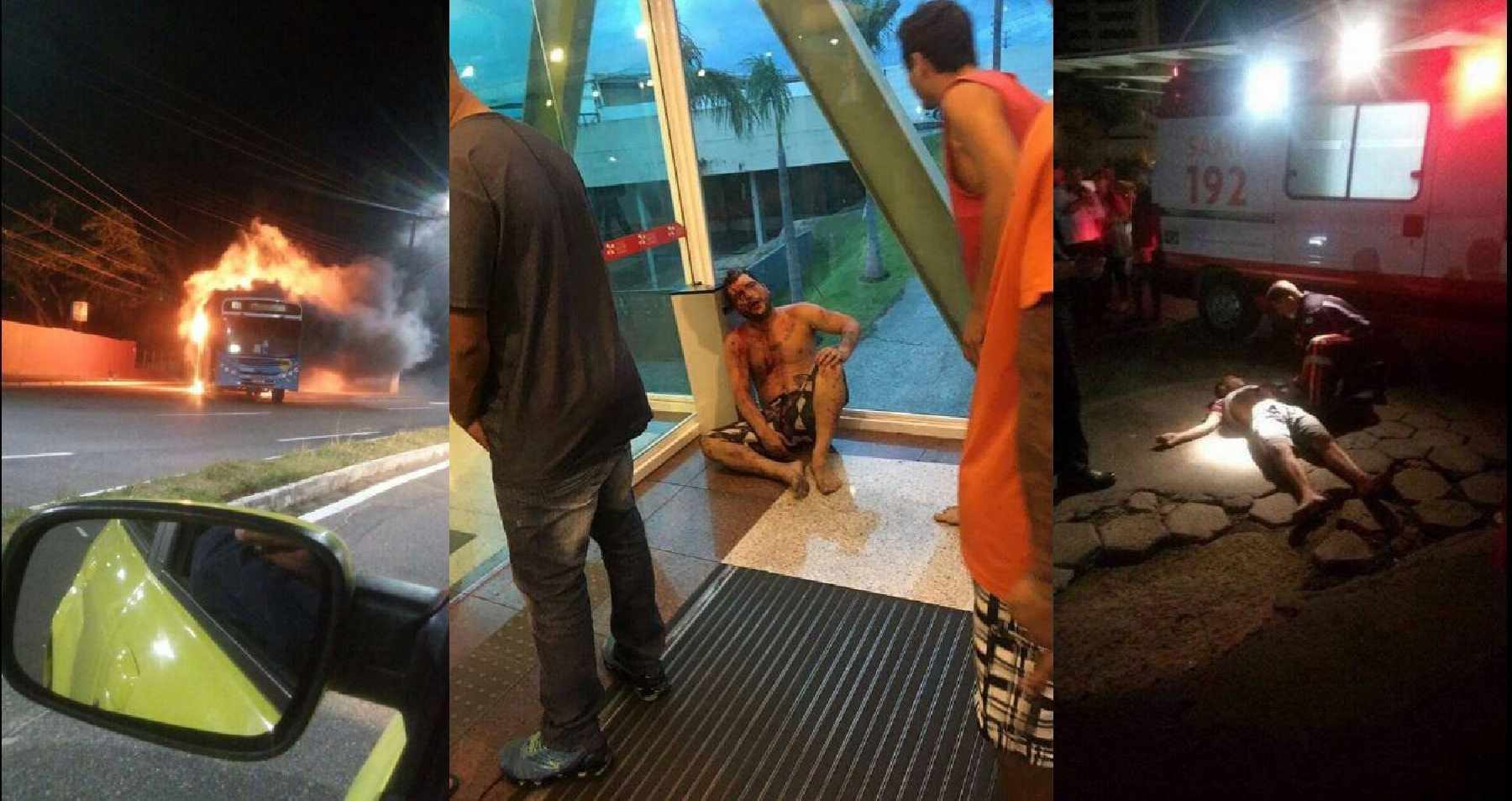Brazil sent 200 federal troops into the state of Espírito Santo, in southeastern Brazil, on Monday in an attempt to curb a surge in violence with dozens reported dead following a police strike over pay disputes.
Brazil’s President Michel Temer ordered the federal troops to be sent to restore law and order in the state north of Rio de Janeiro.
On Friday, police in the state stopped working over a pay dispute. As military police cannot formally go on strike, families of officers have instead protested for better wages and prevented officers going on patrol by blocking police stations.
The state government, however, says that it does not have the funds to raise wages and will not go back to the negotiating table until police return to work.
In a state already hit hard by budget cuts and the country’s worst ever economic recession, a wave of crime and violence then rocked the state, with scenes of riots and anarchy, particularly in the capital Vitória.
Over the weekend, up to 52 people were thought to have been killed, according to Reuters. The Rio Times put the death toll as high as 65, but a security spokesman from the state said that the government does not have an official tally.
Out of concern for public security, essential services such as schools and public health clinics were shut down. Videos captured by residents have shown muggings, car thefts, looting, vandalism and general destruction.
Espírito Santo’s governor, Cesar Colnago, who made the request for federal troops, commented on the strike: “There is no way we can accept this attitude, leaving the population deprived of an essential service like public security.”
“President Temer determined our presence here and that we would remain as long as necessary for the order to be recovered,” Defense Minister, Raul Jungmann, said.
Espírito Santo’s head of public security, Andre Garcia, said that the protests have “paralyzed the military police service, not just in the capital but also in the entire state. Movements of this nature hold society hostage.”
Other states and municipalities throughout Brazil have also been hit hard by a struggling economy, making it difficult to pay for basic services and wages.
While the Temer government has brought in harsh austerity measures, Brazil continues to be plagued by high rates of violence, police killings as well as continued prison riots.
teleSUR

